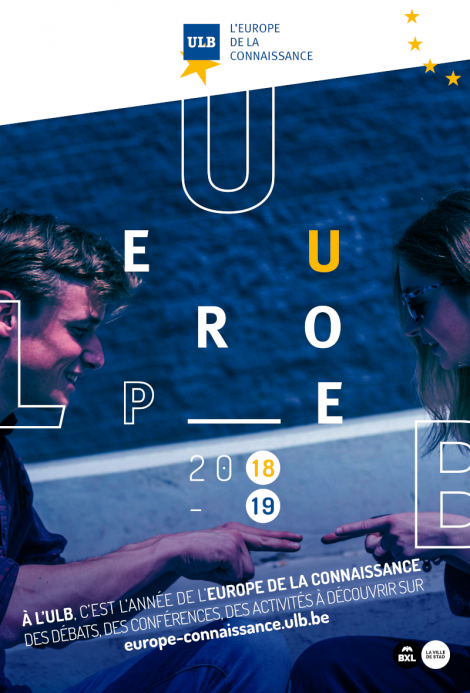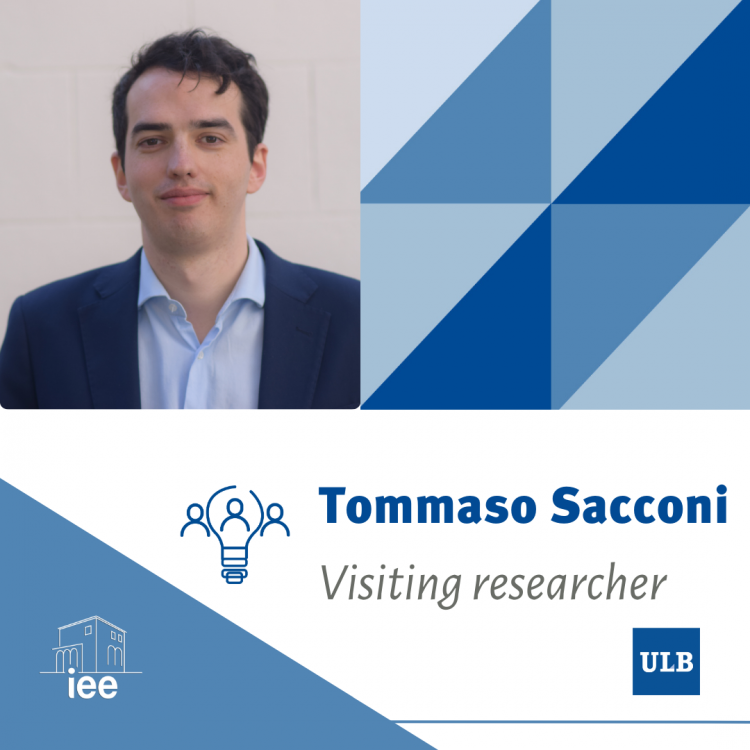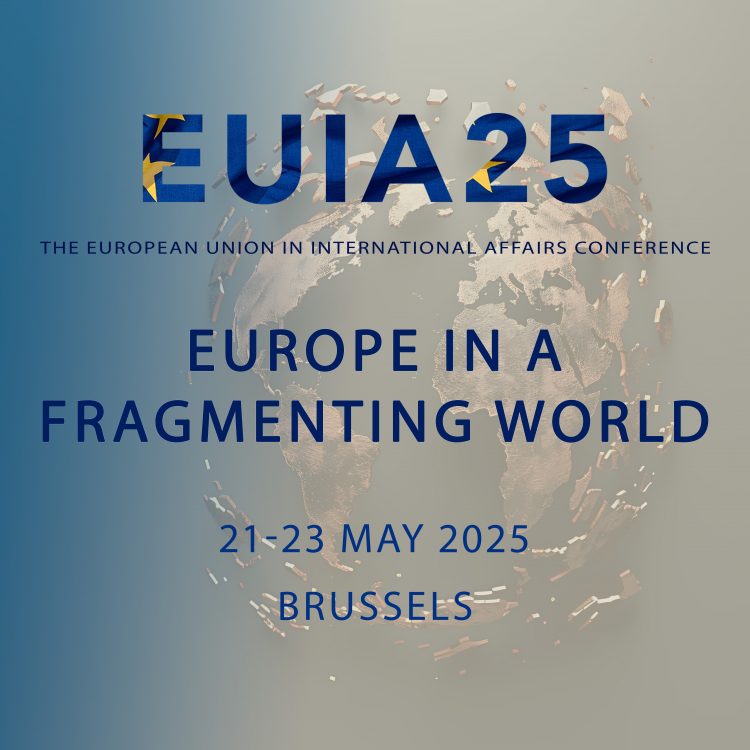Simon Clavie, the author of this article, has followed the Specialized Master in European Law, organized by the Faculty of Law and Criminology under the IEE-ULB label and will graduate this September 17th.
For this academic year 2018-2019, the ULB has chosen, as a theme, after « Brussels, capital for students » in 2016-2017 and « The year of diversities » in 2017-2018, « Europe of knowledge ».
In this framework, the university will propose academic, cultural or other activities, highlighting the production and the exchange of knowledge in the European Union in order to reflect critically on the state of knowledge in Europe and the active role of our university plays in this process. These activities are designed not only for the academic community, but also for social actors at large.
The Université libre de Bruxelles, a European university
The ULB has shown, since the dawn of the European project, a great interest for this phenomenon, hence the creation, among other initiatives, of a specialized entity dedicated to research on and teaching about European integration: the Institute of European studies, in 1962.
The European Union has, for decades, supported all sorts of scientific projects implemented at the ULB. As an example, the molecular biology department of the ULB, partially funded by EURATOM in 1961, or the Center for Research in Microgravity, supported since its inception by the European Space Agency.
Nowadays, with a quarter of its students coming from different parts of Europe, and its participation in many exchanges programs for students and researchers, the ULB stands as a true crossroad of this “Europe of knowledge.”
Objectives and challenges of this academic year
The conferences, discussions and other activities based on this theme will not suffer from a lack of subjects to debate. The questions surrounding “Europe of knowledge” are numerous. Here are some of them:
- What are the origins or Europe of knowledge? Does it pre-date the European Community ? How was it organized throughout the years ?
- What has been the impact of the European Community first and then Union on the creation and exchange of knowledge in the European sphere?
- Do the different exchange programs for students and researchers, like Erasmus +, have an impact on the research and the teaching agendas of the University? And on society in general?
- What contribution can the Europe of knowledge bring to the European community? Can it bring some new elements that will allow highly contested institutions to breathe again?
- What are the challenges of Europe of knowledge of tomorrow? Under what conditions will the future students, researchers and teachers work, in terms particularly of internationalizations of access to documents and the relations between universities?
In 2019, European elections will take place. The ULB wants to stimulate reflection around this democratic process, and to become a space where the debate around the state of the European Union goes beyond the academic borders. This need is ever more urgent since the Union, often accused of opacity or over complexity deserves without a doubt an enlightened and critical debate about its future.
The role of the Institute
In this framework, it is obvious the Institute of European Studies has a particular role to play in the program of the thematic year. Studying European issues for over 50 years and with a wide majority of its students, researchers and administrators coming from different European countries, the IEE is invested in the success of this project. This thematic year could become a great opportunity to make the European issues and challenges better known to rest of the university and to all the citizens involved.
To sum up
If you are a professor, a member of a students‘ association, part of our alumni or a member of civil society interested in the European project, please visit dedicated website for more information on this academic year’s theme http://europe-connaissance.ulb.be/fr.
If you want to organize or label an event or project in the framework of the thematic year, do not hesitate to communicate it here: Europe.Connaissance@ulb.ac.be




